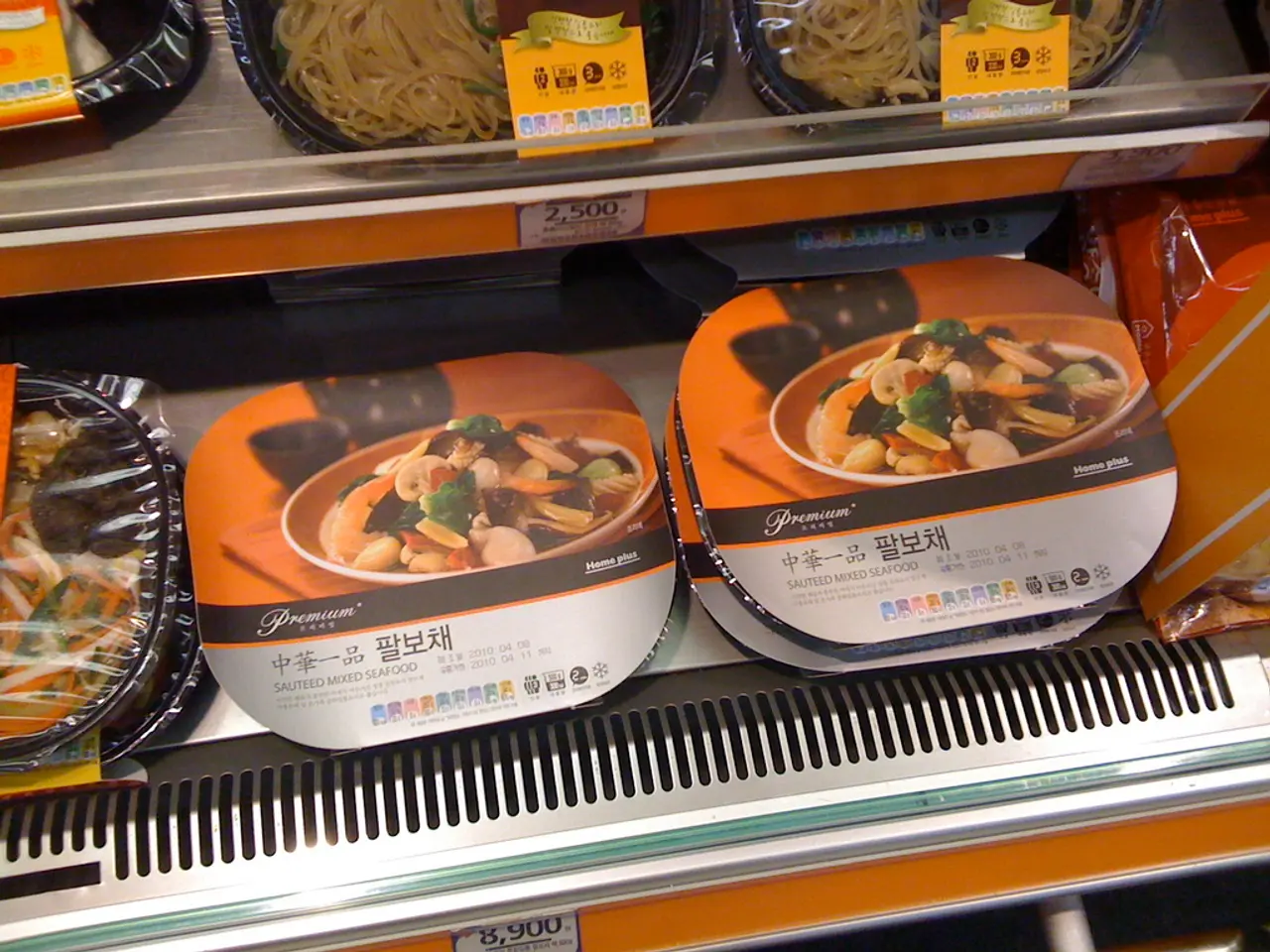European Food Selling: Importance of Caution Required
Temu, the popular bargain website, is making waves in Europe with its aggressive expansion into the food market. The platform, known for its discount-driven model, is now offering groceries in Germany and plans to enter the Swiss market soon. Unlike its earlier China-based supply model, Temu is focusing on building partnerships with European food producers, particularly small manufacturers, aiming to source products made in Europe for European consumers.
The company's approach includes an "aggressive campaign" to recruit European suppliers in food and fast-moving consumer goods, reflecting a clear intent to deepen its market footprint. Local suppliers like Germany’s Wurstbaron report satisfactory sales via Temu despite some critiques about product presentation, highlighting decent service from the platform.
However, Temu's food market expansion in Europe is not without controversy. European producers have expressed concerns about risks to product safety and adherence to standards, given Temu’s history of ultra-low prices and aggressive discounting which may pressure suppliers. Although Temu aims to better serve local tastes and regulatory environments by sourcing within Europe, details about specific supplier conditions remain undisclosed, contributing to wariness among producers.
There is also a growing scrutiny regarding sustainability practices, a critical issue in the European food market. Explicit details on Temu’s environmental policies or sustainability initiatives are not yet clear from the available information.
The balance between maintaining low prices and meeting European standards will be key to Temu’s long-term success in this sensitive sector. The Consumer Center Berlin views Temu’s expansion into food with skepticism due to past complaints about undelivered goods or poor customer service.
In contrast, the partnership between Amazon and Knuspr, a German online supermarket, seems to be satisfactory for both parties. Amazon Fresh, a service for fresh produce and perishable items, was discontinued last October, but Amazon expanded its product offerings to include groceries as early as 2010. The success of Amazon's venture with Knuspr is unclear, as the company declined to provide numbers and did not elaborate further.
Criticism has been voiced about Temu's aggressive acquisition of potential suppliers. The Center for Consumer Protection in Berlin has identified issues with unauthorized health claims and missing warnings for azo dyes in online trading, including on drinks and sweets. Certain dietary supplements are not allowed on the German market and may pose health risks.
Despite these challenges, Temu is committed to improving service for European customers and expanding its local offering. The company aims to offer food for purchase on its site, and its strategy shift involves focusing on European suppliers for faster deliveries and local taste preferences.
Temu's popularity among younger people promises a significant customer base for its food offerings. As the platform navigates the complexities of the European food market, it will need to address these concerns to ensure a successful and sustainable expansion.
- Amidst the concerns about product safety and adherence to standards, Temu is planning to reveal more about its environmental policies and sustainability initiatives to alleviate worries among European food producers.
- The future success of Temu in the European food market hinges on its ability to balance maintaining low prices with meeting European standards, while also addressing sustainability concerns and addressing criticism regarding unauthorized health claims and missing warnings.




